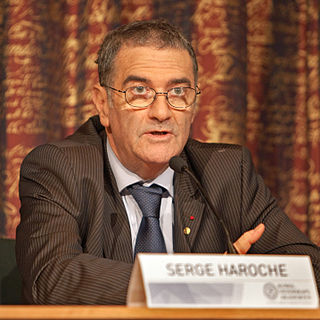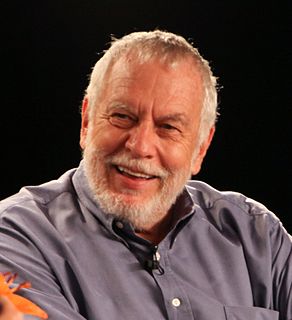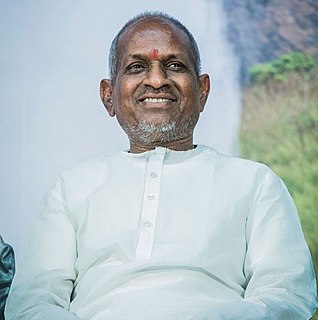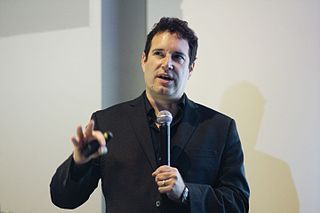A Quote by Ted Nelson
I have long been alarmed by people's sheeplike acceptance of the term 'computer technology' - it sounds so objective and inexorable - when most computer technology is really a bunch of ideas turned into conventions and packages.
Related Quotes
Technology is such a broad kind of term, it really applies to so many things, from the electric light to running cars on oil. All of these different things can be called technology. I have kind of a love-hate relationship with it, as I expect most people do. With the computer, I spend so many hours sitting in front of a computer.
One might say the computer is being used to program the child. In my vision, the child programs the computer, and in doing so, both acquires a sense of mastery over a piece of the most modern and powerful technology and establishes an intense contact with some of the deepest ideas from science, from mathematics, and from the art of intellectual model building.
I love technology. Matches, to light a fire is really high tech. The wheel is REALLY one of the great inventions of all time. Other than that I am an ignoramus about technology. I once looked for the 'ON' button on the computer and came to find out it was on the back. Then I thought, anyone who would put the 'on' switch on the back, where you can't find it, doesn't do any good for my psyche. The one time I did get the computer on, I couldn't turn the damn thing off!
The technology that lets many people use the same radio channel at the same time is called smart antenna technology or adaptive array technology or interference mitigation. This technology uses computer processors to take the signals from multiple antennas at each location and sorts the various signals out so they don't interfere with each other.
We had some really powerful technology - Atari always was a technology-driven company, and we were very keen on keeping the technological edge on everything. There's a whole bunch of things that we innovated. We made the first computer that did stamps or sprites, we did screen-mapping for the very first time, and a lot of stuff like that.
The personal computer was a disruptive innovation relative to the mainframe because it enabled even a poor fool like me to have a computer and use it, and it was enabled by the development of the micro processor. The micro processor made it so simple to design and build a computer that IB could throw in together in a garage. And so, you have that simplifying technology as a part of every disruptive innovation. It then becomes an innovation when the technology is embedded in a different business model that can take the simplified solution to the market in a cost-effective way.
The most revolutionary aspect of technology is its mobility. Anybody can learn it. It jumps easily over barriers of race and language. ... The new technology of microchips and computer software is learned much faster than the old technology of coal and iron. It took three generations of misery for the older industrial countries to master the technology of coal and iron. The new industrial countries of East Asia, South Korea, and Singapore and Taiwan, mastered the new technology and made the jump from poverty to wealth in a single generation.


































